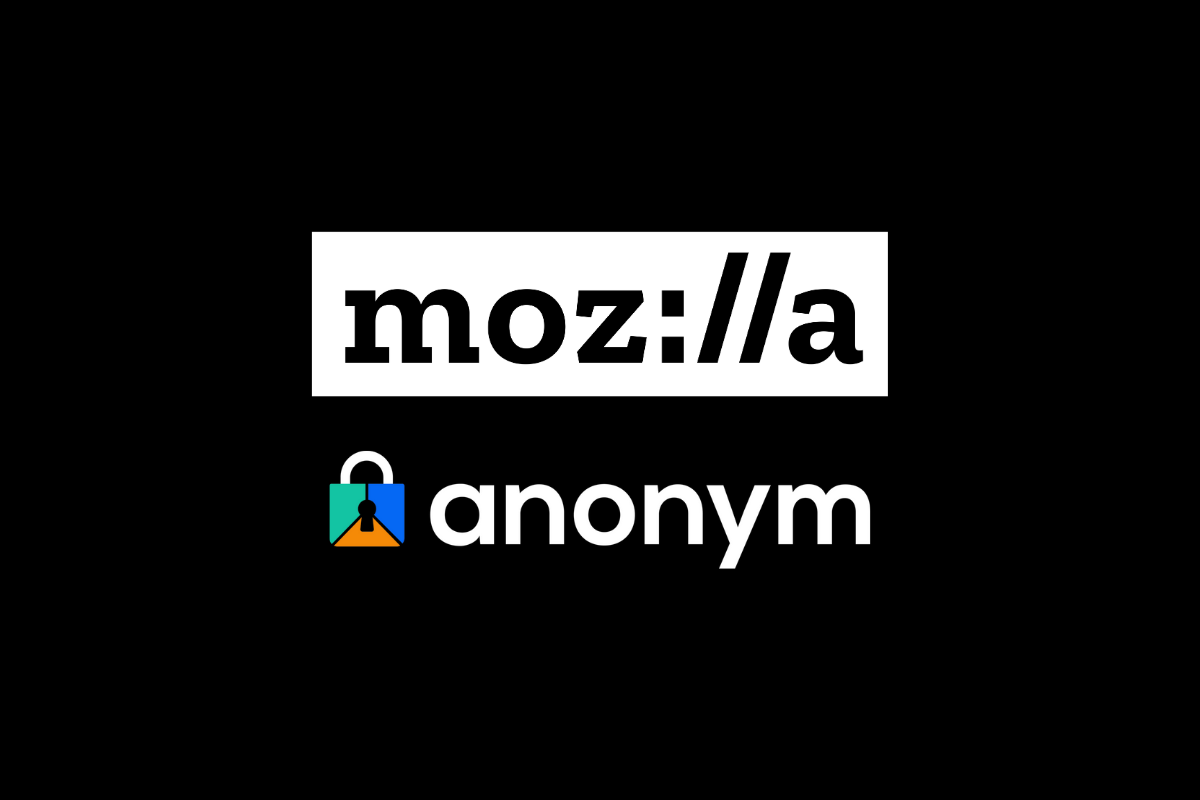Arthur Besse
cultural reviewer and dabbler in stylistic premonitions
- 36 Posts
- 101 Comments
17 × 59 = 10003
you’ve got an extra zero in there, and you forgot the 1, but the rest of your divisors match my crude brute-force approach:
>>> n=31521281 >>> d = [ x for x in range(1,n//2+1) if not n%x ] >>> d [1, 11, 17, 59, 187, 649, 1003, 2857, 11033, 31427, 48569, 168563, 534259, 1854193, 2865571] >>> yours=list(map(int,"11+17+59+2857+11033+534259+1854193+2865571+168563+48569+10003+31427+649+187".split("+"))) >>> set(yours) - set(d) {10003} >>> set(d) - set(yours) {1, 1003} >>> sum(d) 5518399same conclusion though: 5518399 also ≠ 31521281
bonus nonsense
>>> isperfect = lambda n: n == sum(x for x in range(1,n//2+1) if not n%x) >>> [n for n in range(1, 10000) if isperfect(n)] [6, 28, 496, 8128](from https://oeis.org/A000396 i see the next perfect number after 8128 is 33550336 which is too big for me to wait for the naive approach above to test…)
more bonus nonsense
>>> divisors_if_perfect = lambda n: n == sum(d:=[x for x in range(1,n//2+1) if not n%x]) and d >>> print("\n".join(f"{n:>5} == sum{tuple(d)}" for n in range(10000) if (d:=divisors_if_perfect(n)))) 6 == sum(1, 2, 3) 28 == sum(1, 2, 4, 7, 14) 496 == sum(1, 2, 4, 8, 16, 31, 62, 124, 248) 8128 == sum(1, 2, 4, 8, 16, 32, 64, 127, 254, 508, 1016, 2032, 4064)

 0·1 month ago
0·1 month agoyeah, they aren’t very active, but (presumably due to federation bugs) there is more there than your instance is showing you: from my perspective the most recent post on the mander community is from one month ago and the lemmy.ml community has three posts including one that isn’t from a mod.
you might be able to pull those posts into your instance by searching for their permalinks there (which you can find from the fediverse icons on each post in the web view of those communities on another instance).

 0·1 month ago
0·1 month agoI’d love a community here on lemmy for Meshtastic.
There are two:

 2·2 months ago
2·2 months agobecause i thought the situation described by the post was tragicomic (as was somewhat expressed by the line from it quoted in the post title)

 1·2 months ago
1·2 months agoYou can use Wireshark to see the packets and their IP addresses.
https://www.wireshark.org/download.html
https://www.wireshark.org/docs/
A word of warning though: finding out about all the network traffic that modern software sends can be deleterious to mental health 😬

 2·2 months ago
2·2 months agoI do have wireguard on my server as well, I guess it’s similar to what tailscale does?
Tailscale uses wireguard but adds a coordination server to manage peers and facilitate NAT traversal (directly when possible, and via a intermediary server when it isn’t).
If your NAT gateway isn’t rewriting source port numbers it is sometimes possible to make wireguard punch through NAT on its own if both peers configure endpoints for eachother and turn on keepalives.
Do you know if Yggdrasil does something similar and if we exchange data directly when playing over Yggdrasil virtual IPv6 network?
From this FAQ it sounds like yggdrasil does not attempt to do any kind of NAT traversal so two hosts can only be peers if at least one of them has an open port. I don’t know much about yggdrasil but from this FAQ answer it sounds like it runs over TCP (so using TCP applications means two layers of TCP) which is not going to be conducive to a good gaming experience.
Samy Kamkar’s amazing pwnat tool might be of interest to you.

 2·2 months ago
2·2 months agoI have a device without public IP, AFAIK behind NAT, and a server. If I use bore to open a port through my server and host a game, and my friends connect to me via IP, will we have big ping (as in, do packets travel to the server first, then to me) or low ping (as in, do packets travel straight to me)?
No, you will have “big ping”. bore (and everything on that page i linked) is strictly for tunneling which means all packets are going through the tunnel server.
Instead of tunneling, you can try various forms of hole punching for NAT traversal which, depending on the NAT implementation, will work sometimes to have a direct connection between users. You can use something like tailscale (and if you want to run your own server, headscale) which will try its best to punch a hole for a p2p connection and will only fall back to relaying through a server if absolutely necessary.

 5·2 months ago
5·2 months agoSee https://github.com/anderspitman/awesome-tunneling for a list of many similar things. A few of them automatically setup letsencrypt certs for unique subdomains so you can have end-to-end HTTPS.
The basis of this joke is the Simplified-vs-Traditional character sets for Chinese languages, but, there actually is a thing called Basic English which is sometimes called Simple English and which is used on the Simple English Wikipedia.

 3·3 months ago
3·3 months agoYes he could be extradited and found not guilty No member of the press deserves to go to jail For doing that’s job
So, I guess you’re either being disingenuous or you haven’t followed the case much. If it’s the latter, I highly encourage you to read the two links in my earlier comment, and/or any of these: 1, 2, 3
Are you aware of anyone besides yourself seriously arguing that he has any chance of being found not guilty in a US espionage trial, while also saying that he doesn’t deserve to go to jail?
As far as I’ve seen, any remotely informed commentator who argues that he could get a “fair trial” in the US is also arguing that it would be “fair” for him to be convicted and spend the rest of his life in prison.

 2·3 months ago
2·3 months agogetting a fair trial
🤨 did you read any of the links in my last comment?
(are you suggesting you think that he could actually be extradited and found not guilty, or are you saying you think he deserves to go to prison and that is what you mean by saying he would be “better off” not fighting extradition?)

 4·3 months ago
4·3 months agoFirst amendment is given to us by our creators it says so in the us constution everyone gets it period
Neither the US Constitution, the Bill of Rights, or any of its other amendments use the word “creator”. You’re probably thinking of the Declaration of Independence (the famous second sentence of which is “We hold these truths to be self-evident, that all men are created equal, that they are endowed by their Creator with certain unalienable Rights, that among these are Life, Liberty and the pursuit of Happiness.”). The DoI predates the Constitution and its amendments by over a decade and has no force of law.
There is a strong legal argument to be made, including some historical court rulings, that at least some of the rights in the Bill of Rights do apply to non-citizens - although some of those arguments are limited to when non-citizens are on US soil (which Assange was not when he engaged in the acts of journalism which he is being prosecuted for).
However, one of the US prosecutors (Gordon Kromberg) specifically told the court in his declaration in support of the Assange extradition:
Concerning any First Amendment challenge, the United States could argue that foreign nationals are not entitled to protections under the First Amendment […]
Former Secretary of State and CIA Director Mike Pompeo also wrote in his memoir Never Give An Inch:
Julian Assange has no First Amendment privileges. He is not a U.S. citizen.
Other US officials have made similar statements.
You can read more here:
- https://thedissenter.org/countdown-to-day-x-us-assange-no-first-amendment-rights/
- https://www.jurist.org/features/2023/08/21/law-professor-marjorie-cohn-extradition-of-julian-assange-threatens-first-amendment-and-freedom-of-press/
Last month, the British High Court gave the US prosecutors until April 16 to submit a declaration including assurances that “the applicant is permitted to rely on the first amendment” and that he “is afforded the same first amendment protections as a United States citizen” (those are the British court’s words).
The assurance the US has now submitted did not actually repudiate the prosecutors earlier explicit statement that the “the United States could argue that foreign nationals are not entitled to protections under the First Amendment” but instead said merely that he can “seek to raise” the first amendment in his defense. But, he has already been seeking to raise the first amendment to stop his extradition, and these “assurances” that he can seek to raise it again in the US come from the same prosecutors who explicitly argued (and again, have not repudiated their argument) to the British court that he is not entitled to first amendment protection because he is a foreign national.
You didn’t answer my question: Better off than what?

 91·3 months ago
91·3 months agoHe is better off in the USA he can clam first amendment rights freedom of the press
The US position is that the first amendment doesn’t apply to non-citizens, and also that it isn’t possible to make a public interest defense to espionage charges.
also he won’t get death the worst is 20 to life
The current set of charges carry up to 175 years and the US has thus far refused to guarantee to the British court that they won’t add more charges after they extradite him.
And even if he was “only” facing 20 to life, what would that be better than? He isn’t charged with anything anywhere else.

 5·3 months ago
5·3 months agoTuta is most likely a honeypot, and in any case it is pseudo-open source so it’s offtopic in this community.
As the image transcript in the post body explains, the image at the bottom is a scene from a well-known 1998 film (which, according to Wikipedia, was in 2014 selected for preservation in the United States National Film Registry by the Library of Congress as being “culturally, historically, or aesthetically significant”).
This meme will not make as much sense to people who have not seen the film. You can watch the referenced scene here. The context is that the main character, The Dude (played by Jeff Bridges) has recently had his private residence invaded by a group of nihilists with a pet marmot (actually portrayed by a ferret) and they have threatened to “cut off his Johnson”. In an attempt to express sympathy, The Dude’s friend Walter (played by John Goodman) points out that, in addition to the home invasion and threats, the nihilists’ exotic pet is also illegal. The Dude’s retort “what, are you a fucking park ranger now” is expressing irritation with that observation, because it is insignificant compared with the threat of the removal of his penis.
This meme attempts to draw a parallel between this humorous scene and XZ developer Lasse Collin’s observation that the XZ backdoor was also a violation of Debian’s software licensing policies.
Thank you for reading my artist’s statement.

 1·3 months ago
1·3 months agoNot necessarily true - that right to modify/redistribute depends on the exact license being applied.
If you don’t have the right to modify and redistribute it (and to do so commercially) then it does not meet the definitions of free software or open source.
For example, the Open Watcom Public License claims to be an “open source” license, but it actually doesn’t allow making modifications.
The Sybase Open Watcom Public License does allow making modifications, and distributing modified versions. The reason why the FSF has not approved it is that it requires you to publish source code even if you only wanted to run your modified version yourself and didn’t actually want to distribute anything to anyone. (The Watcom license is one of the few licenses which is approved by OSI but not FSF. You can see the other licenses which are approved by one but not the other by sorting this table.)
The FSF’s own AGPL license is somewhat similar, but it only imposes the requirement if you run the software for someone else over a network. (Neither of these requirements are likely to be enforceable by copyright law, as I explained in my comment about the AGPL in the thread which this thread is about…)
This is also why we specifically have the terms “free software” or “FOSS” which imply they you are indeed allowed to modify and redistribute.
I would recommend reading this: https://www.gnu.org/philosophy/open-source-misses-the-point.en.html
I would recommend that you re-read that, because it actually explains that the two terms refer to essentially the same category of software licenses (while it advocates for using the term free software to emphasize the philosophical aspects of those licenses).

 1·3 months ago
1·3 months agoOpensource just means that the source code is available, FOSS however implies that you’re free to modify and redistribute the program
Incorrect. “Open Source” also means that you are free to modify and redistribute the software.
If the source code is merely available but not free to modify and/or redistribute, then it is called source-available software.

 1·3 months ago
1·3 months agoThanks. They are no longer a mod of this community. (I wrote this comment to them and they did not reply.)















rare meta w